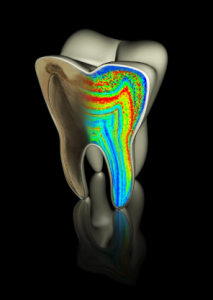Effects of long-term dietary supplementation with clinoptilolite on incidence of parturient paresis and serum concentrations of total calcium, phosphate, magnesium, potassium, and sodium in dairy cows
1 min read
To determine whether dietary supplementation with clinoptilolite affects the incidence of parturient paresis and serum concentrations of total calcium (tCa), inorganic phosphorus (PO(4) (2)), magnesium (Mg2+), potassium (K+), and sodium (Na+) in dairy cattle.
ANIMALS:
2 dairy cows. Procedure-Cows were placed into 3 groups. The first 2 groups (group A [n = 17] and group B [17]) were offered a concentrate supplemented with 1.25% and 2.5% clinoptilolite, respectively. The third (group C [n = 18]) served as a control and was offered the concentrate alone. The experiment started 1 month before parturition and lasted until the beginning of the next nonlactating period. Around the time of calving, all cows were monitored for the development of parturient paresis. Blood samples were taken at the commencement of the experiment, on the day of calving, and thereafter at monthly intervals to measure serum tCa, PO(4) (2), Mg2+, K+, and Na+ concentrations. Results-The incidence of parturient paresis in group B cows was significantly lower, compared with group C cows. However, serum concentrations of tCa, P(O4) (2), Mg2+, K+, and Na+ were not significantly affected by long-term supplementation with clinoptilolite.
CONCLUSIONS AND CLINICAL RELEVANCE:
In the context of this experiment, clinoptilolite supplementation at 2.5% appeared to have reduced the incidence of parturient paresis in dairy cows, suggesting that its effectiveness depends on the amount incorporated in the ration of cows. Addition of clinoptilolite in the concentrate of dairy cows during the nonlactating period could be used as a cost-effective preventive treatment for parturient paresis.
Source: http://www.ncbi.nlm.nih.gov/pubmed/16379650






